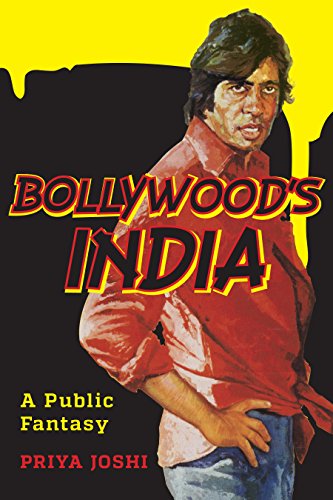

Most ebook files are in PDF format, so you can easily read them using various software such as Foxit Reader or directly on the Google Chrome browser.
Some ebook files are released by publishers in other formats such as .awz, .mobi, .epub, .fb2, etc. You may need to install specific software to read these formats on mobile/PC, such as Calibre.
Please read the tutorial at this link: https://ebookbell.com/faq
We offer FREE conversion to the popular formats you request; however, this may take some time. Therefore, right after payment, please email us, and we will try to provide the service as quickly as possible.
For some exceptional file formats or broken links (if any), please refrain from opening any disputes. Instead, email us first, and we will try to assist within a maximum of 6 hours.
EbookBell Team

0.0
0 reviewsIn a work of dazzling interpretive virtuosity, Priya Joshi returns popular Hindi cinema to the 1970s when the term "Bollywood" was deployed to dismiss an unruly cultural product marked by its social responsiveness. Joshi analyzes the social work of popular Hindi blockbusters that, she argues, capture and challenge the diffuse aspirations of the nation. The "India" fabricated in Bollywood's blockbusters revises and contests nation and the state, commenting on an India both imagined and real. Familiar depictions of crime and punishment, family and individuality, vigilante and community, have persisted in the cinema across half a century despite dramatic changes in the industry's production and distribution practices. Summoning the 1970s as an interpretive lens, Joshi deftly examines blockbusters from notably tumultuous moments when the idea of India was made, unmade, and remade. From the decline of the studios in the 1950s to the rise of the multi-starrer genre in the 1970s and the arrival of corporate capital and new media platforms in the 2000s, Bollywood's blockbusters nimbly engage the public fantasies of their heterogeneous audiences. Joshi's elegantly crafted argument incorporates fresh explorations of iconic films such as Awara (1951) and Deewaar (1975), as well as those less analyzed, such as Ab Dilli Dur Nahin (1957) and A Wednesday (2008).